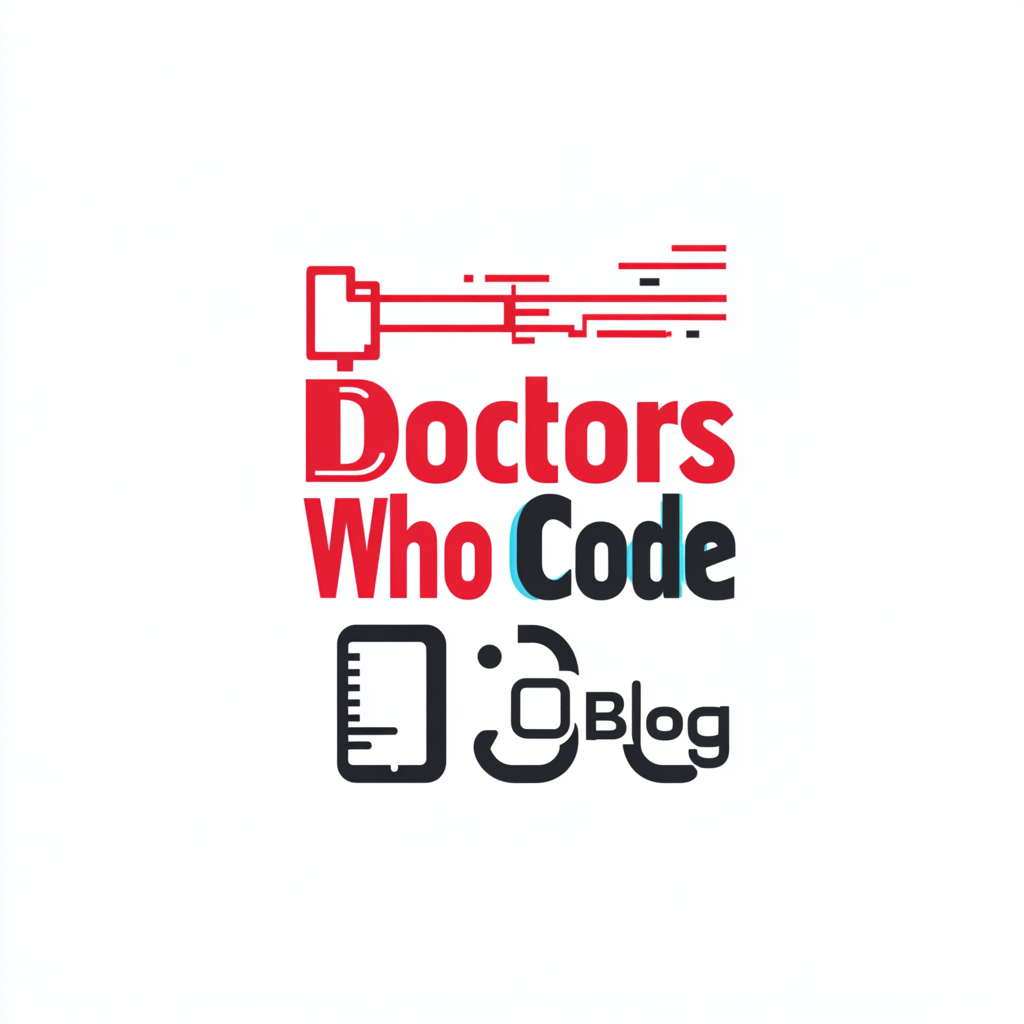Deep Dive Podcast:
In a groundbreaking development that signals a new era in healthcare, artificial intelligence has achieved what many thought impossible: performing at the level of resident physicians on medical board examinations. A landmark study published in NEJM AI has demonstrated that GPT-4, the latest large language model from OpenAI, can match—and sometimes exceed—the performance of medical residents on their board certification exams.
The Study That Changed Everything
The research, which compared GPT-4’s against thousands of resident physicians taking their official board certification exams in Israel, covered multiple cores me. Itical disciplines, including internal medicine, general surgery, and pediatrics. The results were nothing short of remarkable: GPT-4 achieved passing scores across nearly all specialties, marking a quantum leap from its predecessor, GPT-3.5.
What makes this achievement particularly significant is that the AI demonstrated not just fact recall, but sophisticated clinical reasoning abilities—a skill previously thought to be uniquely human.
A New Chapter in Medical Practice
This breakthrough has far-reaching implications for healthcare delivery. Rather than replacing physicians, GPT-4’s capabilities open up exciting possibilities for enhancing medical practice in several key areas:
Clinical Decision Support
Imagine having an AI assistant that can:
- Provide instant access to the latest evidence-based guidelines
- Generate comprehensive differential diagnoses
- Offer real-time second opinions on complex cases
- Help identify rare conditions that might otherwise be overlooked
Medical Education Evolution
The impact on medical training could be transformative:
- AI-powered simulation of board exam scenarios
- Personalized learning paths for medical students
- Real-time feedback on clinical reasoning
- Interactive case studies with detailed explanations
Administrative Efficiency
One of the most promising applications lies in reducing the administrative burden on healthcare providers:
- Automated generation of structured medical documentation
- Streamlined insurance authorization processes
- Efficient clinical note summarization
- Simplified regulatory compliance
Beyond the Headlines: Understanding the Implications
While GPT-4’s performance is impressive, it’s crucial to understand that this technology is meant to augment, not replace, human medical expertise. The true value lies in the synergy between AI capabilities and human clinical judgment.
Key Advantages of AI-Human Collaboration:
- Enhanced diagnostic accuracy through combined expertise
- Reduced cognitive burden on physicians
- More time for direct patient care
- Improved access to specialist-level knowledge in remote areas
Looking Ahead: The Future of AI in Medicine
This milestone achievement represents just the beginning of AI’s potential in healthcare. As these technologies continue to evolve, we can expect to see:
- More sophisticated clinical decision support systems
- Improved predictive analytics for patient outcomes
- Enhanced personalization of treatment plans
- Better integration of research findings into clinical practice
Embracing the Future
The medical community stands at a crossroads. The question is no longer whether AI will play a role in healthcare, but how we can best integrate these powerful tools to improve patient care while maintaining the human touch that lies at the heart of medicine.
For healthcare providers, now is the time to:
- Familiarize yourself with AI capabilities in medicine
- Explore ways to integrate AI tools into your practice
- Stay informed about the latest developments in medical AI
- Contribute to the conversation about ethical AI implementation
Conclusion
The achievement of GPT-4 in matching physician performance on board exams marks a pivotal moment in medical history. As we move forward, the focus should be on leveraging this technology to enhance healthcare delivery while maintaining the crucial human elements of medical practice.
The future of medicine lies not in choosing between human expertise and artificial intelligence, but in finding ways to combine these powerful forces to create better outcomes for patients worldwide.
[Editor’s Note: This article is based on research published in NEJM AI and represents current understanding of AI capabilities in medicine. Healthcare providers should consult appropriate guidelines and regulations when implementing AI tools in clinical practice.]
Keywords: medical AI, GPT-4 in healthcare, artificial intelligence in medicine, medical board exams, clinical decision support, medical education technology, healthcare innovation, AI-assisted diagnosis, future of medicine, healthcare automation
REFERENCE:
Katz, Uriel, Eran Cohen, Eliya Shachar, Jonathan Somer, Adam Fink, Eli Morse, Beki Shreiber, and Ido Wolf. “GPT versus Resident Physicians: A Benchmark Based on Official Board Scores.” NEJM AI, April 12, 2024.

